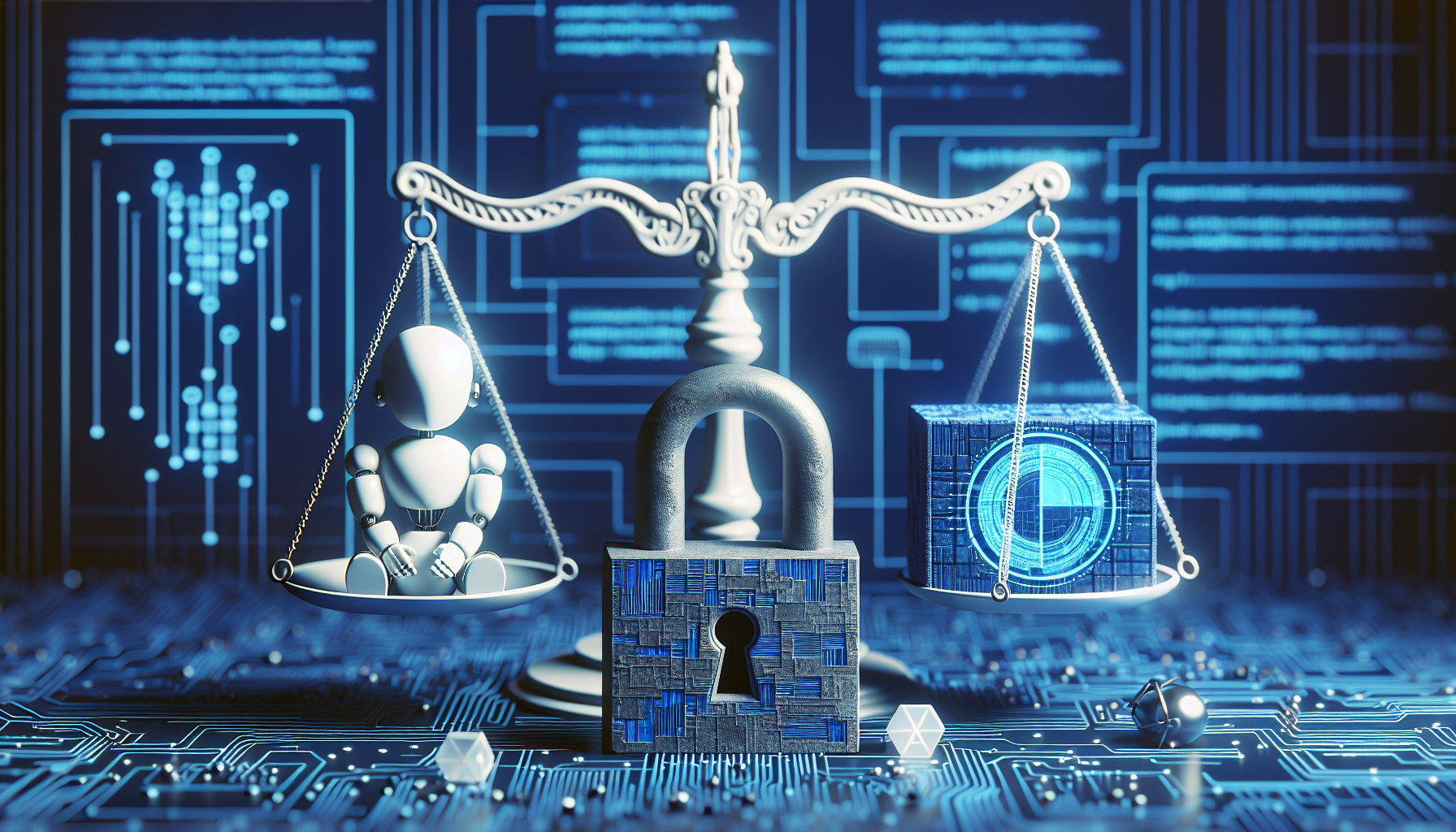AI Ethics in Programming: Ensuring Bias-Free Algorithms and Data Privacy
In the rapidly evolving world of artificial intelligence (AI), ethical considerations are of paramount importance. This includes ensuring that AI algorithms are free from biases and that they uphold strict data privacy standards. This article explores key strategies and best practices for achieving these goals in AI development.
Understanding and Addressing Bias in AI
Bias in AI can manifest in various forms and can significantly affect the fairness and effectiveness of technology. Here are some steps to mitigate bias:
Identifying Sources of Bias
- Data Collection: Ensure the data is representative of all demographics to avoid embedding existing prejudices.
- Model Training: Regularly test models with new data sets to identify any bias.
Strategies to Mitigate Bias
- Use diverse datasets: Ensure the data used for training AI systems is diverse and inclusive.
- Implement fairness metrics: Use statistical measures to evaluate and ensure fairness in model outcomes.
- Bias auditing: Regularly perform bias audits and include diverse teams in the AI design and development process.
Data Privacy in AI
Data privacy is crucial in maintaining public trust and compliance with legal standards in AI applications. Here are some methods to protect data privacy:
Techniques for Enhancing Data Privacy
- Encryption: Use advanced encryption methods to secure data.
- Data anonymization: Implement data anonymization techniques to remove personally identifiable information from datasets.
- Privacy by Design: Adopt privacy by design approach which integrates data protection from the onset of the design of AI systems.
Regulatory Compliance
- Follow GDPR and other regulations: Adhere strictly to GDPR and other privacy laws to avoid legal penalties and build trust.
- Transparency: Maintain transparency about data collection methods, usage, and storage.
Conclusion
Ensuring bias-free algorithms and safeguarding data privacy are critical ethics in AI programming. By implementing the guidelines and best practices outlined above, developers can help build AI systems that are both ethical and effective. Ongoing education and adjusting strategies based on new findings are essential as AI technology and ethical understanding continue to evolve.




